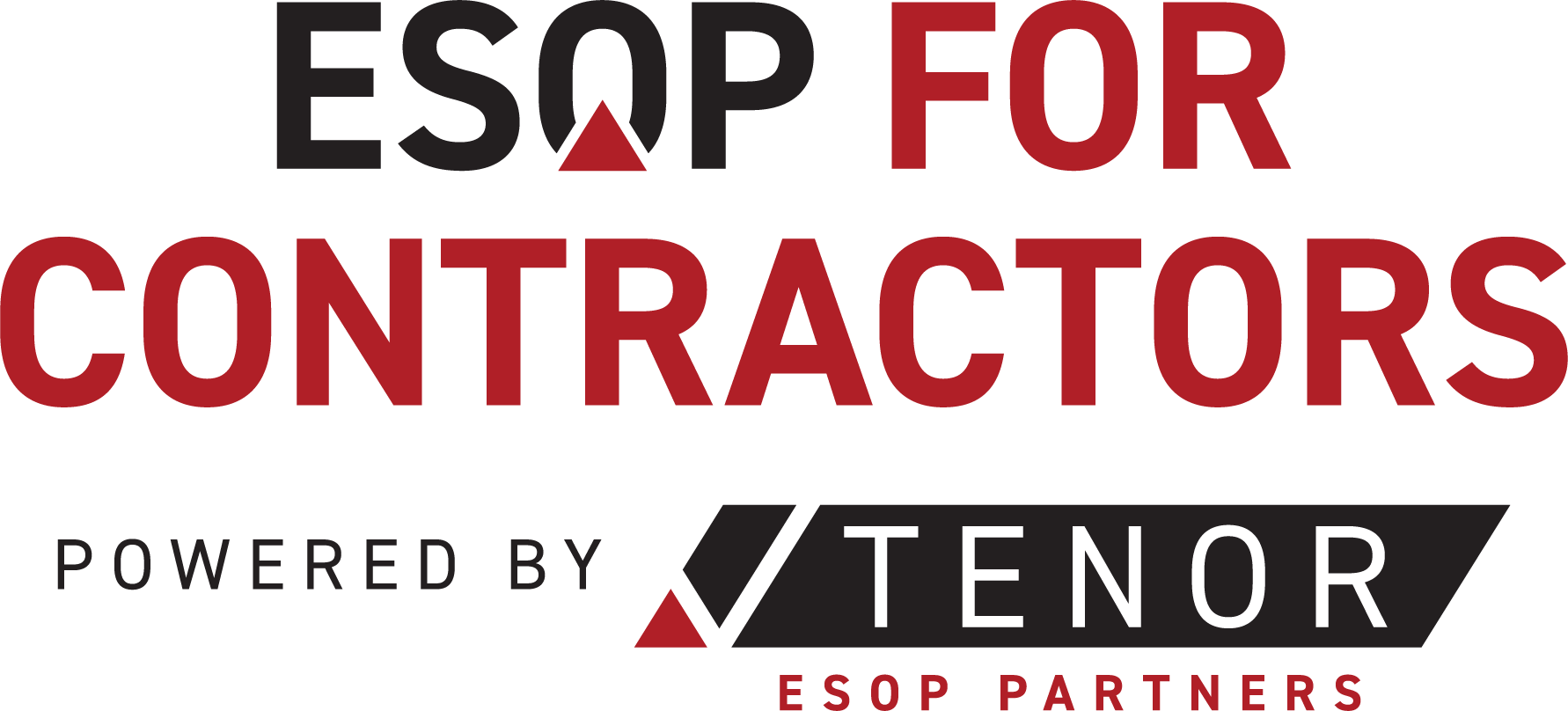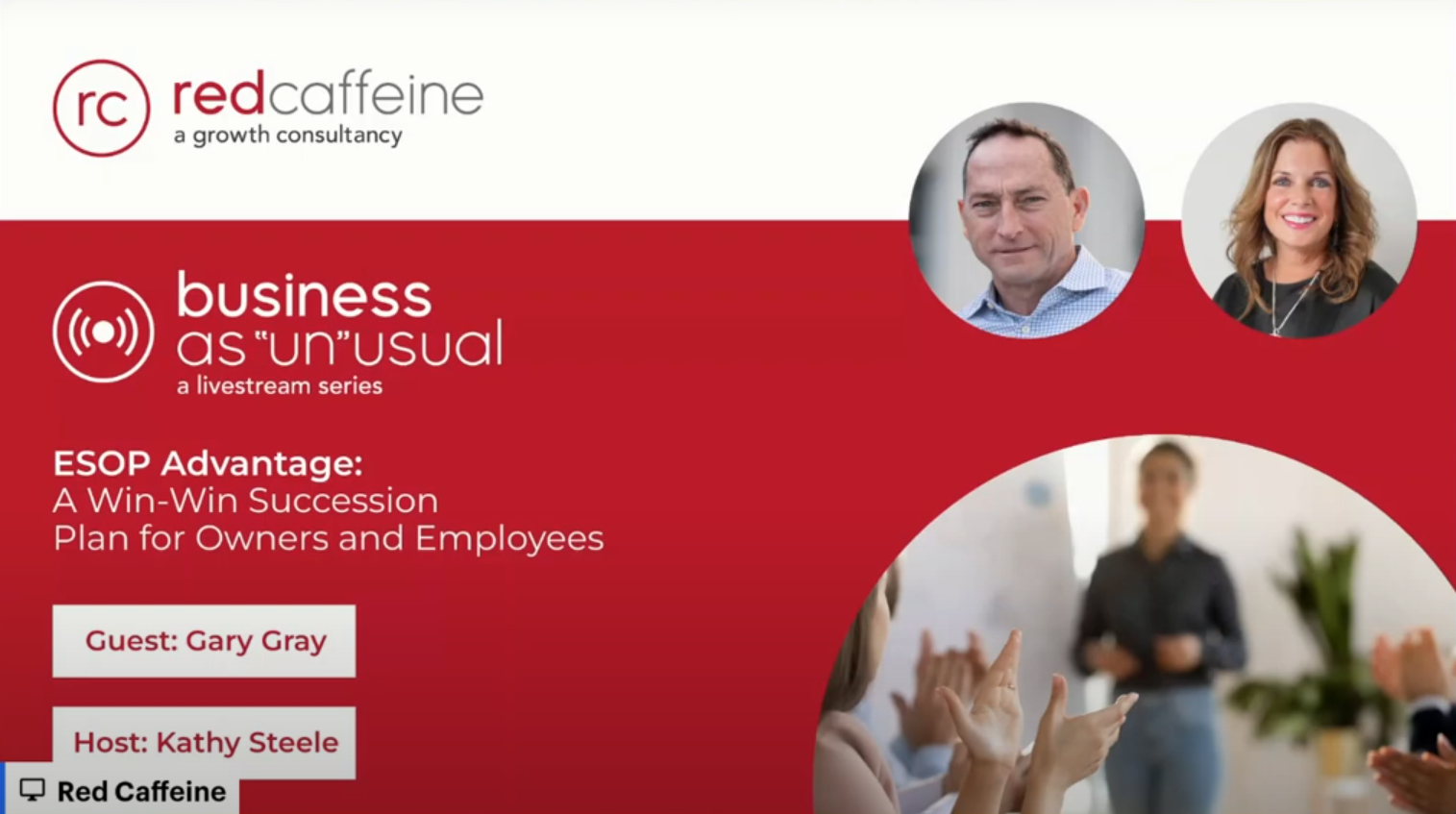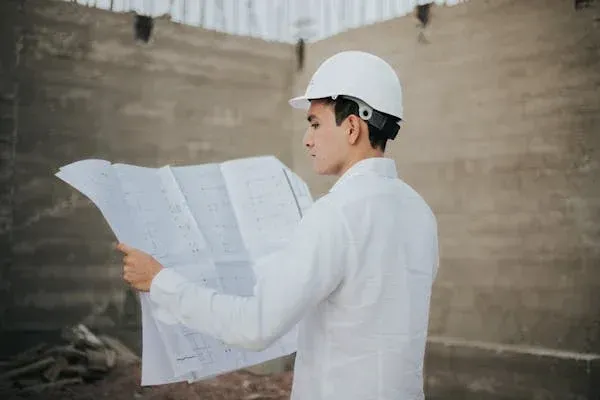Time to read: 7 minutes
Contractor Company Culture Changes After Converting to Employee Ownership
Introduction: The Cultural Transformation Opportunity
When contractors implement employee ownership plans, they often focus primarily on the financial and tax advantages these structures provide. However, experienced employee-owned contractors consistently report that the most powerful benefits emerge from the cultural transformation that follows well-implemented employee ownership. This cultural shift directly impacts operational efficiency, project quality, and bottom-line results in ways that address contracting industry-specific challenges.
This analysis examines how employee ownership practically transforms contractor business culture, with particular attention to productivity improvements and operational efficiencies across different contracting operations. Understanding these cultural dynamics helps contractors maximize the full potential of employee ownership implementation beyond the financial advantages.
The Ownership Mindset: Foundation for Cultural Change
The fundamental cultural shift in employee-owned contractors begins with the development of an "ownership mindset" among employees at all levels. This transformation manifests in several practical ways:
Resource Management Improvements
Pre-employee ownership contractors typically struggle with traditional employee attitudes toward company resources. Post-employee ownership implementation, significant behavioral changes emerge:
Materials management improves as employee-owners take greater care to reduce waste, properly store materials, and optimize usage. Commercial contractors report especially significant improvements in drywall and finish material utilization, with waste reductions of 15-20% commonly observed within two years of employee ownership implementation.
Equipment care enhances dramatically as operators and crews take ownership responsibility for maintenance, proper operation, and damage prevention. Heavy civil contractors typically see equipment maintenance costs decrease 12-18% following employee ownership implementation as daily maintenance procedures improve and operators demonstrate greater care in machine operation.
Tool tracking and maintenance improves substantially, with specialty contractors reporting 30-40% reductions in tool replacement costs as employee-owners maintain, protect, and track company assets they now partially own. This improvement directly impacts project setup efficiency and reduces costly delays from missing or damaged tools.
Quality Focus Enhancement
Quality improvements represent another immediate cultural benefit of employee ownership implementation in contracting businesses:
Defect identification becomes proactive rather than reactive as employee-owners identify and address quality issues before they impact project outcomes. Commercial contractors typically report substantial reductions in punch list items following conversion to employee ownership as trades take responsibility for quality throughout the construction process rather than waiting for formal inspections.
Self-inspection increases dramatically as employee-owners monitor their own work against quality standards rather than relying solely on supervision. Residential builders report particular benefits in finish quality as carpenters, painters, and other trades develop heightened attention to details that impact customer satisfaction.
Cross-trade quality awareness develops as employee-owners recognize how their work impacts other trades, reducing rework and scheduling delays. Mechanical and electrical contractors in particular benefit from this cultural shift as system integration improves through enhanced coordination between interdependent trades.
Cultural Changes Across Different Contracting Operations
While all contractors experience cultural benefits from employee ownership implementation, the specific manifestations vary across different operations:
Commercial General Contractors
Commercial contractors experience unique cultural transformations following employee ownership implementation:
Project Team Cohesion: Pre-employee ownership commercial contractors typically operate with relatively siloed responsibilities between estimating, project management, and field operations. Post-employee ownership, these divisions diminish as all participants recognize their shared stake in project success. This integration improves information flow, reduces costly miscommunications, and enhances decision-making effectiveness.
Preconstruction Value Engineering: Employee-owner project managers and superintendents engage more actively in preconstruction planning, offering practical field experience that improves constructability and reduces budget risks. This cultural shift typically emerges 12-18 months post-employee ownership implementation as field leaders recognize how early project decisions impact their financial stake in company performance.
Client Relationship Expansion: Rather than concentrating client relationships with owners or business development staff, employee-owned commercial contractors develop broader relationship networks as project teams take ownership of client satisfaction. This cultural change significantly improves client retention rates while spreading business development responsibility throughout the organization.
Specialty Trade Contractors
Specialty contractors experience different cultural transformations that address their specific operational challenges:
Technical Knowledge Sharing: Pre-employee ownership specialty contractors often struggle with knowledge hoarding as experienced tradespeople protect their expertise as job security. Post-employee ownership, this dynamic shifts dramatically as employee-owners recognize that company value grows through capability expansion. Electrical, mechanical, and other specialized trades typically see accelerated apprentice development and improved cross-training following employee ownership implementation.
Service Division Growth: Specialty contractors often see service operations expand following employee ownership implementation as employee-owners recognize the stable revenue and higher margins these operations provide compared to new construction. This cultural shift typically includes improved service technician accountability, enhanced customer communication, and more proactive maintenance recommendations that build long-term client relationships.
Innovation Advancement: Employee-owners show substantially greater interest in new techniques, technologies, and approaches that enhance competitive advantage. This cultural shift particularly benefits specialty contractors whose value proposition depends on technical differentiation from competitors.
Heavy Civil/Infrastructure Contractors
Civil contractors experience distinct cultural changes following employee ownership implementation:
Schedule Optimization: Employee-owners demonstrate heightened awareness of how equipment and crew utilization impact company profitability. This cultural shift typically manifests in improved daily planning, reduced idle time, and more effective coordination between operations that maximize productive hours.
Safety Culture Enhancement: While all contractors prioritize safety, employee-owned civil contractors typically develop particularly strong safety cultures as employee-owners recognize both the human and financial costs of incidents. This cultural shift often includes more effective peer safety accountability, improved near-miss reporting, and more consistent adherence to procedures without supervisor enforcement.
Operational Planning Participation: Equipment operators and crew leaders take more active roles in project planning, offering experience-based insights that improve productivity. This bottom-up engagement proves particularly valuable in civil contracting, where site conditions and logistical challenges significantly impact performance.
Residential Builders
Residential construction operations experience unique cultural transformations:
Customer Experience Focus: Employee-owners demonstrate heightened awareness of how the construction process appears to homebuyers, improving communication, site cleanliness, and interaction quality. This cultural shift directly impacts customer satisfaction ratings, warranty requests, and referral rates.
Schedule Reliability Improvement: Trade contractors and superintendents demonstrate greater schedule commitment as they recognize how delays impact company reputation and financial performance. This cultural improvement directly addresses one of the most persistent challenges in residential construction.
Quality Standardization: Employee-owners more consistently follow quality standards and procedures rather than relying on individual judgment about acceptable outcomes. This standardization particularly benefits production builders, where consistent quality across multiple projects drives operational efficiency and warranty cost reduction.
Implementation Keys for Maximum Cultural Benefit
Contractors seeking to maximize cultural benefits from employee ownership implementation should consider several proven strategies:
Financial Transparency and Education
Effective employee-owned contractors implement comprehensive financial education programs that help employee-owners understand how specific operational behaviors impact company performance and employee ownership value. This education creates direct connections between daily decisions and long-term financial outcomes.
Participative Management Structures
The strongest cultural transformations occur when employee ownership implementation includes meaningful employee participation in decision-making through structured processes like improvement teams, regular feedback systems, and appropriate delegation of operational decisions to those closest to the work.
Performance Metric Visibility
Successful employee-owned contractors make key performance indicators visible throughout the organization, helping employee-owners understand how their work impacts measurements that drive company valuation. This visibility reinforces the connection between individual actions and collective outcomes.
Conclusion: The Culture-Performance Connection
The cultural transformation that follows employee ownership implementation represents one of the most powerful yet often underestimated benefits for contracting businesses. While financial and tax advantages provide immediate employee ownership benefits, the cultural shifts that develop over time typically deliver even greater long-term value through operational improvements, quality enhancements, and productivity gains.
By understanding the specific cultural changes that typically occur in different contracting operations, company leaders can implement employee ownership with strategies that accelerate and maximize these benefits. When properly implemented with attention to cultural development, employee ownership creates contractor workplaces where employee-owners think and act fundamentally differently than traditional employees—creating sustainable competitive advantages that extend far beyond tax benefits.
How to get started
Getting started with an Employee Stock Ownership Plan (ESOP) can transform your contracting business, unlocking potential for growth and ensuring lasting value for everyone involved. At ESOP for Contractors, we understand the intricacies of the process, from assessing your company's current status to designing a tailored ESOP that aligns with your goals.
Our leadership team knows firsthand how to create winning strategies that benefit both owners and team members alike. If you're curious about how an ESOP could enhance your business's future, we invite you to reach out for a free consultation. Let’s explore how we can help you achieve sustainable success together!

Gary Gray, Founder
Book a Free Consultation
Interested in a free consultation for your contracting business? Send us a message - We’re here to help.
Thank you for contacting us! We’ve received your message and will get back to you as soon as possible. If you need immediate assistance please call us at 404-849-0244.
Please try again later















